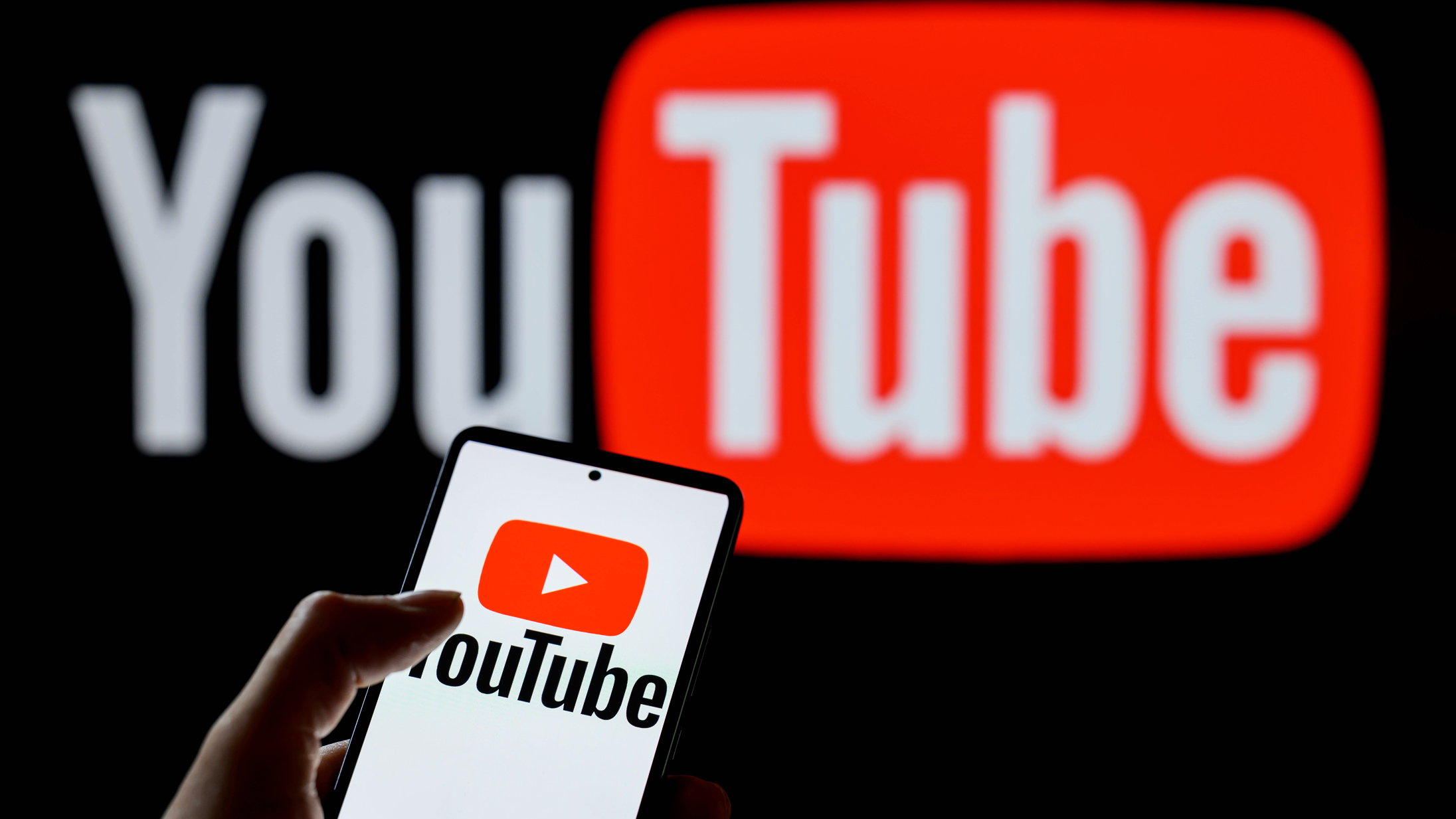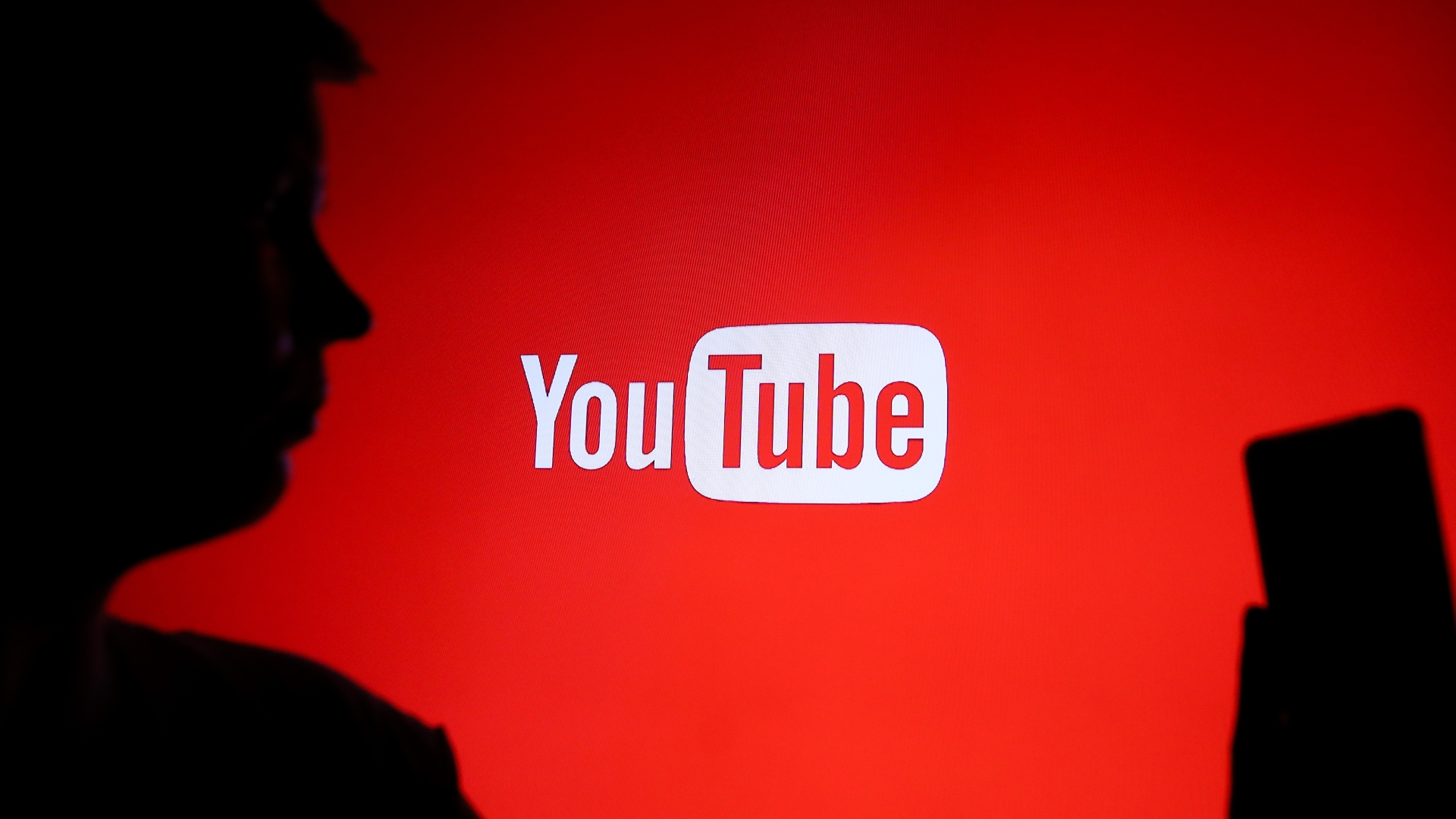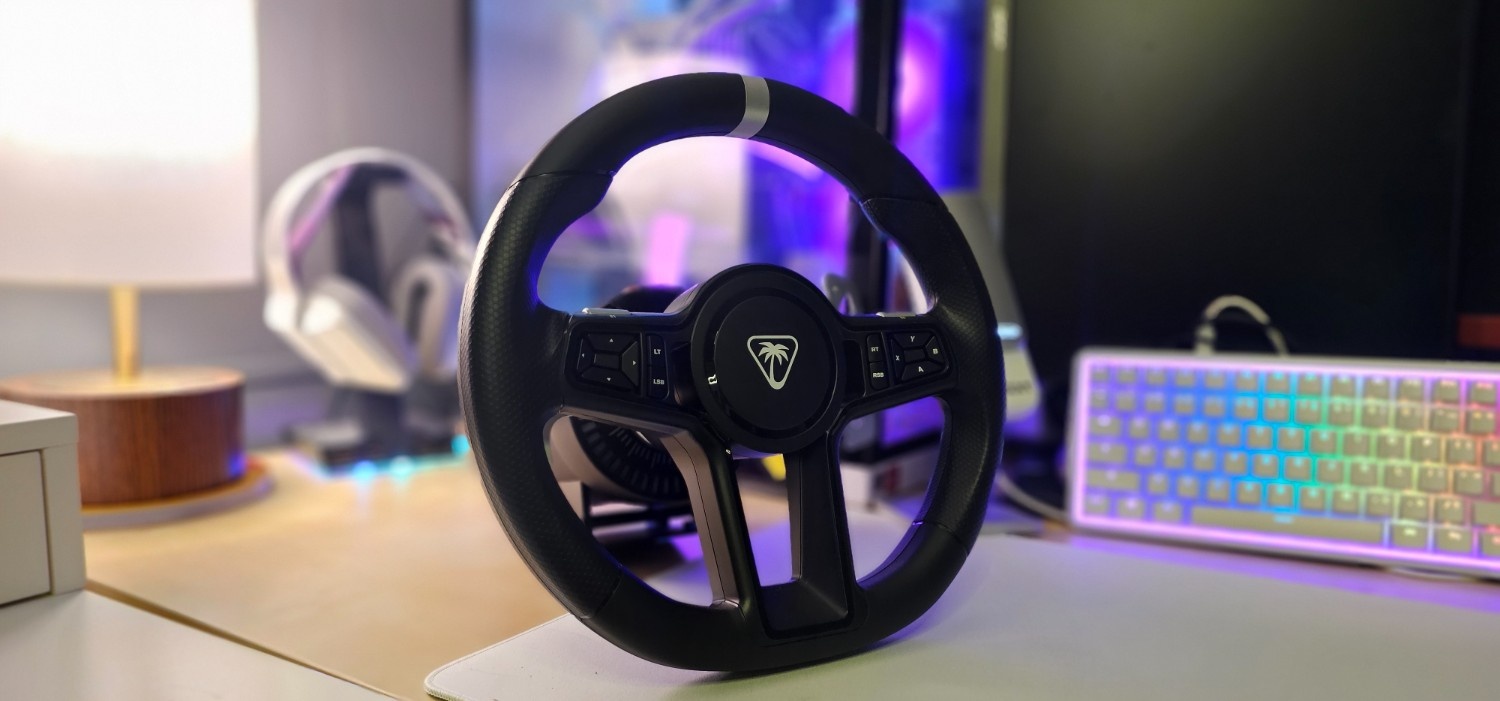"It just looks wrong" — YouTube admits it's altering videos without consent, sparking blowback from creators

All the latest news, reviews, and guides for Windows and Xbox diehards.
You are now subscribed
Your newsletter sign-up was successful
The AI wave, in which Google and its Gemini LLM are major players, has directly and indirectly caused major changes to the video-sharing monolith YouTube over recent months.
Despite recent efforts to crack down on AI slop through updated monetization policies that target accounts uploading "inauthentic content," YouTube has now been accused of using AI to alter user content without permission from the uploaders.
Rhett Shull, who runs a popular music-focused YouTube channel with nearly 750,000 subscribers, uploaded a video on August 15 detailing their findings. In the video, Shull provides visual evidence of the changes to YouTube Shorts uploaded by Rick Beato, another popular influencer.
Convinced YouTube was pulling the same stunts with their content, Shull analyzed a short they'd uploaded to both Instagram and YouTube. Indeed, there is blatant evidence of alterations to the YouTube content.
At first, it's a little difficult to tell. But if you start to look at things like the neck pickup on the Gretsch that I'm playing, or the way the strings go over the pickup, or the Sting logo on the shirt that I'm wearing, or the wrinkles on the shirt, or the details of my hair, it just looks wrong. The more you look at it, the more it starts to step out.
Rhett Shull (YouTube)
Elsewhere, hair looks unrealistic, like it's attached to a doll. Skin seems too smooth, and ears seem to change shape as videos run.
It's something I've personally noticed on several YouTube Shorts, and I know I'm not the only one. A thread in the YouTube subreddit from two months ago provides evidence of video tampering, with plenty of users adding replies that back up the OP's claims.
It's important to stress that YouTube is changing these videos without permission from the uploaders. That's perhaps the worst part of the entire situation, and Shull makes a prescient point on the matter:
All the latest news, reviews, and guides for Windows and Xbox diehards.
Whether or not you like my content or agree with what I have to say, underneath all of that is this underlying foundation that you trust what I'm making and what I'm saying and what I'm doing is truly me. It is my real opinion. It is my real thought. It is my real work. And replacing or 'enhancing' my work, without my consent or knowledge, with some kind of AI upscaling system, not only I think erodes that trust with the audience, but it also erodes my trust in the platform of YouTube.
Rhett Shull (YouTube)
Shull wraps up the video asking for feedback from their audience, and with more than 11,000 replies to the video, it certainly appears to be a hot topic that most agree is a major issue.
One reply with 11,000 likes reads: "'Here's a feature no one asked for and forced on our users in secret. You're welcome.' — YouTube"
Another reply with 8,000 likes reads: "Imagine spending a lot of money and time to get perfect shots and photography. Just so YouTube could put an AI filter on it."
YouTube responds to AI upscaling claims
On August 20, X user @DeanoSauruz asked YouTube Liaison Rene Ritchie whether or not it's true that YouTube is using AI to upscale Shorts. According to Ritchie, that's not the case at all.
No GenAI, no upscaling. We're running an experiment on select YouTube Shorts that uses traditional machine learning technology to unblur, denoise, and improve clarity in videos during processing (similar to what a modern smartphone does when you record a video)YouTube is always… https://t.co/vrojrRGwNwAugust 20, 2025
Of course, "traditional machine learning technology" seems like a good way to get around saying AI outright, but that's me making assumptions.
The official Team YouTube X account then followed up, confirming that the recent outrage is caused by "an experiment to improve video quality with traditional machine learning — not GenAI."
No matter what YouTube wants to call its upscaling experiment, the end result is the same: many YouTube Shorts now appear AI-generated despite the uploaders not using AI.
BBC, reporting on the same story, posits that what YouTube is doing to videos is completely different than the AI tools available on most modern phones. A quote from Samuel Wooley, Dietrich chair of disinformation studies at the University of Pittsburgh, explains the difference:
"You can make decisions about what you want your phone to do, and whether to turn on certain features. What we have here is a company manipulating content from leading users that is then being distributed to a public audience without the consent of the people who produce the videos."
Is YouTube getting worse as AI becomes more prevalent?
YouTube officials claim that generative AI isn't being used to upscale certain videos, but plenty of damage has already been done. This situation arises as YouTube faces backlash from aggravated users regarding several other recent changes to the platform.
Google announced in June that it was escalating the battle against ad-blockers, which many viewed as a way for the company to push YouTube Premium ad-free subscriptions for $14 a month. It was reported soon after that YouTube was throttling playback on devices with ad-blockers installed. Yes, I understand that ad revenue is important, but having to sit through three ads just to watch a short music video is often aggravating.
Google then announced that it was adding an AI Overview clone to YouTube Premium, emulating the same AI-powered search function you often see when searching for something on the company's main page.
In July, YouTube/Google announced that it planned to start using AI to determine user age, all in an effort to better serve users with "the best and most age-appropriate experiences and protections."
If Google's AI determines that a YouTube account's user is under 18 years of age, it automatically adds age-appropriate protections. If it gets it wrong and locks up an account, YouTube allows age verification using government-issued IDs or credit cards.

Cale Hunt brings to Windows Central more than nine years of experience writing about laptops, PCs, accessories, games, and beyond. If it runs Windows or in some way complements the hardware, there’s a good chance he knows about it, has written about it, or is already busy testing it.
You must confirm your public display name before commenting
Please logout and then login again, you will then be prompted to enter your display name.


